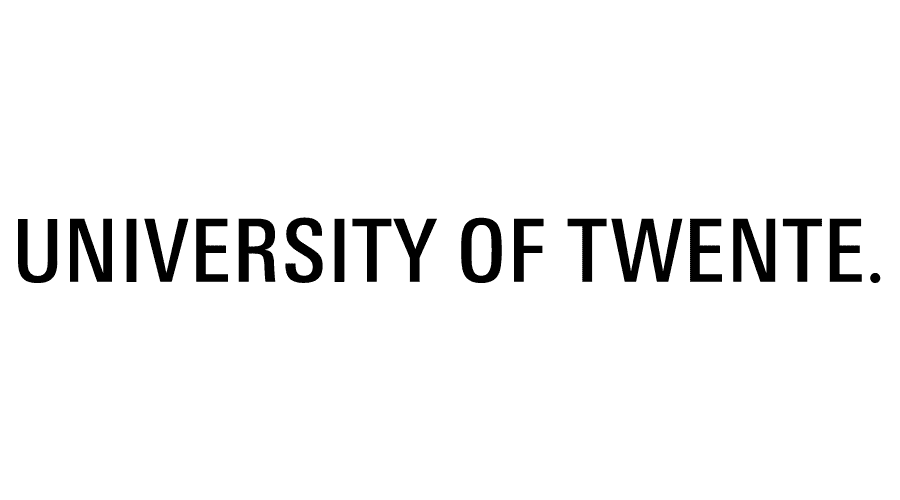Snabbfakta
-
- Gif-sur-Yvette
Ansök senast: 2024-06-14
PhD position in statistical genetics in R&D (H/ F)
Fondé pour servir la santé, Servier est un groupe pharmaceutique international gouverné par une Fondation, qui aspire à avoir un impact sociétal significatif pour les patients et pour un monde durable. Son modèle unique de gouvernance lui permet de servir pleinement sa vocation avec une vision à long terme : être engagé pour le progrès thérapeutique au bénéfice des patients. Les 21 800 collaborateurs qui composent le Groupe sont engagés autour de cette vocation commune, source d’inspiration au quotidien. Leader mondial en cardiologie, Servier a pour ambition de devenir un acteur reconnu, focalisé et innovant en oncologie en ciblant des cancers difficiles à traiter. C’est pourquoi le Groupe consacre plus de 50 % de son budget de R&D au développement de thérapies ciblées et innovantes en oncologie. Les neurosciences et les maladies immuno-inflammatoires constituent un futur relais de croissance. Dans ces domaines, Servier se focalise sur un nombre restreint de pathologies spécifiques dans lesquelles une caractérisation précise des patients permet de proposer une réponse thérapeutique ciblée, grâce à la médecine de précision. Pour favoriser l’accès à des soins de qualité pour tous, et à moindre coût, le Groupe propose également une offre de médicaments génériques couvrant la majorité des pathologies, en s’appuyant sur des marques fortes en France, en Europe de l’Est, au Brésil et au Nigeria. Dans tous ces domaines, le Groupe intègre la voix du patient à chaque étape du cycle de vie du médicament. Servier, dont le siège social est basé en France, s’appuie sur une solide implantation géographique dans plus de 150 pays et a réalisé, en 2021, un chiffre d’affaires de 4,7 milliards d’euros.
A PhD position in the field of statistical genetics research, focusing on investigating the intricate relationships between cancers and immunologic traits is available in collaboration between University Paris Cité and Servier R&D Institute. This offers a unique chance to contribute to cutting-edge science at the crossroads between genetic oncology, immunology and data science. This project fits in the context of translational and personalized medicine by aiming to use patient data to identify or validate targets and biomarkers of interest in oncology. Specifically, the originality of the approach is to associate genetics, and data science to maximize the probability of success of the PhD project.
With its pervasive impact on global health, cancer, which is a complex group of multifaceted diseases characterized by the uncontrolled growth and division of abnormal cells in the body, remains a leading cause of morbidity and mortality worldwide. The intricate interplay between the immune system as well as immune-related risk factors and cancer has emerged as a crucial area of research. Indeed, the immune system plays a critical role in the body’s defense against cancer by recognizing and eliminating cells that have undergone malignant transformation. However, cancer cells have evolved intricate strategies to evade immune surveillance, allowing them to proliferate and evade destruction. Concretely, certain immune conditions are damaging DNA stability such as defects in DNA repair, apoptosis, or cell cycle checkpoints, and therefore lead to enhanced risk of cancer. In addition, some cancers can be triggered by viral infections. On a different note, Immunotherapy, such as immune checkpoint inhibitors or CAR-T cells, has emerged as a promising treatment for various types of cancers by harnessing the power of the immune system to target and destroy cancer cells. Therefore, identifying and addressing immune-related risk factors could be critical for cancer prevention, early detection efforts, and the development of novel therapeutics.
One particularly promising approach is to use Mendelian Randomization, a causal inference method, to disentangle causal relationships between genetic variants, cancers, and immunological traits. Mendelian randomization (MR) is a causal inference method that allows to assess causality and infer causal relationships between exposures (i.e. risk factors or biomarkers) and outcomes (i.e. diseases). MR leverages genetic variants, such as single nucleotide polymorphisms (SNPs) as instrumental variables to estimate the causal effect of exposures on an outcome. Although very promising, MR suffers from major limitations mainly because of widespread pleiotropy, which occurs when a genetic element (e.g. genetic variant or gene) has effects on multiple traits, in the human genome. The PhD project will focus on 1) applying integrative causal inference methods to cancers and immune-related traits, as well as biomarkers of interest that stem from a variety of omics data to provide a comprehensive map of the causal interplay between several cancers and immune-related risk factors; 2) improve and further develop tailored MR methods to leverage pleiotropy between cancers and immune-related risk factors to improve the fine-mapping of genetic variants and pinpoint the specific genetic variants or regions of the genome that are causal to cancer.
Acceptance of the CIFRE PhD project is dependent on validation by the ANRT (please see for more information)
Responsibilities :
Profile :
Quel que soit votre domaine d'expertise, votre travail au sein du Groupe Servier contribue à faire avancer le progrès thérapeutique au bénéfice des patients. Vous ferez partie d'équipes reconnues pour leur excellence scientifique et développerez votre plein potentiel dans un environnement professionnel qui vous encourage à vous développer. Des parcours d'intégration sur mesure, des opportunités de mobilité, des formations de qualité, un management responsable, un esprit d'équipe... Tout cela et plus encore dans un lieu de travail axé sur votre bien-être.
Chez Servier, nous sommes engagés dans le progrès thérapeutique au service des besoins des patients. Nous mettons la diversité de nos collaborateurs comme une source de richesse pour l'accomplissement de cette vocation.













